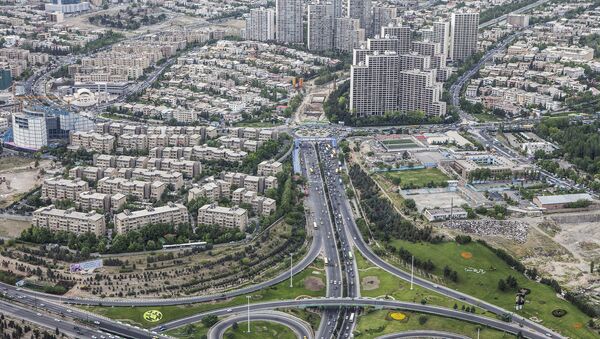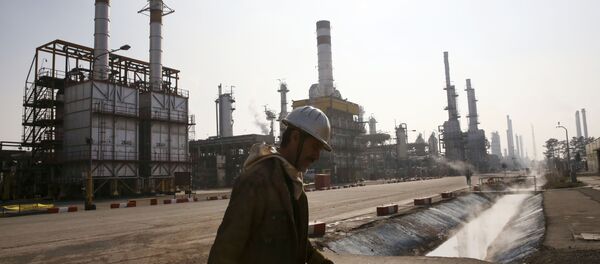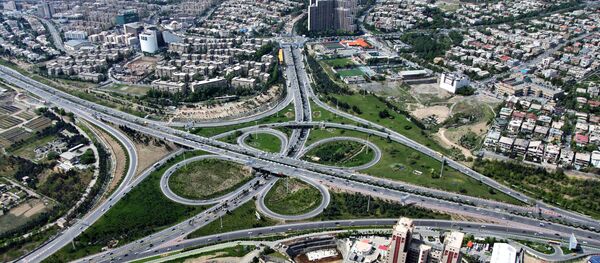The financial and economic sanctions imposed on Tehran in 2012 over its nuclear program had a crippling effect on the country’s economy. However, after his election in 2013, President Hassan Rouhani and his government reopened the Islamic Republic to the outside world as a trade and economic partner anyone can trust.
“July 14, 1789, also known as Bastille Day, forever changed the historical fortunes of France. The Joint Comprehensive Plan of Action Iran and the P5+1 countries signed on July 14, 2015 has likewise changed the historical fortunes of the Islamic Republic, whose President Hassan Rouhani took his own, nuclear, Bastille,” political analyst and Oriental-affairs expert Vladimir Sazhin told Sputnik Persian.
Nine presidents, six prime ministers and 14 foreign ministers have visited Tehran since January, let alone innumerable trade delegations clinching billions of dollars’ worth of mutually beneficial deals.
As a vast country of 80 million educated and qualified people and with a developed infrastructure straddling the crossroads of busy land and sea routes and boasting huge reserves of oil and gas, Iran is a strong point of attraction for foreign businessmen.
The Islamic Republic has seen foreign investments flowing in ever since Hassan Rouhani became President in August 2013 with over $4 billion already invested in 124 industrial projects across the country.
This year Iran became the third biggest recipient of foreign investments in the Middle East after the United Arab Emirates and Saudi Arabia with 19 new countries joining Germany and South Korea as Tehran’s biggest foreign investors – a 90-percent jump from 2015.
By 2020, foreign companies are going to invest $185 billion in Iran’s oil, gas and petrochemical sectors alone.
During the 1st Iran Investment Summit in Singapore held late last month, the Governor of the Central Bank of Iran, Valiollah Seif, said that Iran had become a priority destination for delegations from all over the world with interest in banking, oil and gas, aviation, tourism, automotive and infrastructure sectors.
Russia remains one of Iran’s main economic partners in the world having signed more than 40 billion dollars’ worth of joint investment agreements with Tehran since January and having promised an additional $7 billion in loans.
Meanwhile, Iran’s business relations with the rest of the world are still complicated by the lack of safeguards foreign companies can lean on when dealing with the Islamic Republic now that the US and EU keep accusing Tehran of developing ballistic missiles, violating human rights and supporting terrorism.
While lifting “nuclear sanctions” from Tehran and allowing businesses to do dollar transactions with Iran by offshore banking institutions as long as they do not enter the US financial system, the United States keeps in place “non-nuclear” sanctions and proposes new ones.
Meanwhile, Iran’s market attractiveness keeps growing, just like its efforts to see the remaining sanctions gone and more investments coming in.
Business is run by pragmatic people who are able to set aside their differences for the sake of economic and financial gain.




